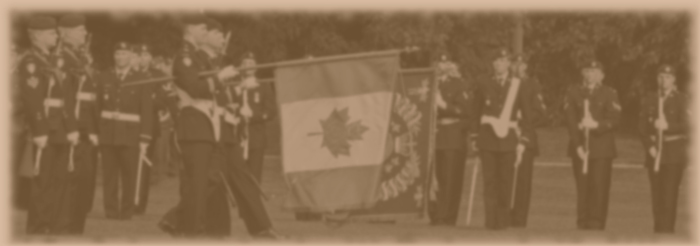Topic: Leadership

Confidence and pride in leaders must be bred by the leaders themselves.
Orders and Morale
"Morale," by Lieut.-Colonel J.G. Shillington, D.S.O., Journal of the Royal United Service Institution, Vol. XCV, February to November, 1950
Confidence and pride in leaders must be bred by the leaders themselves. All leaders from the lowest to the highest should consider the effect their orders will have on those who have to carry them out. In this connection the following principles are applicable:—
(a) Never give an order which cannot be obeyed, and be prepared to represent your subordinate's case to your superior if such an order comes from above.
(b) Always ensure that an order once given is obeyed. Give ample time for it to be carried out, but make sure that in due course you see for yourself with your own eyes that you have been obeyed, i.e., practise "the eye of the Master" Do not suspect disobedience or irregularities, but always exercise normal supervision and be prepared to help, i.e., "act as a watchdog not a bloodhound."
(c) Never put your men into battle without adequate support, and let them know this. It will be remembered that Field-Marshal Montgomery stressed this particularly when he made his many addresses to the 21st Army Group before the invasion of Normandy.
(d) Ensure that your men know the object of everything they are called on to do, be it in peace or war. A man will carry out orders more willingly, however irksome they may be, if he knows why they are given. If there is not a good reason an order should not be given.

